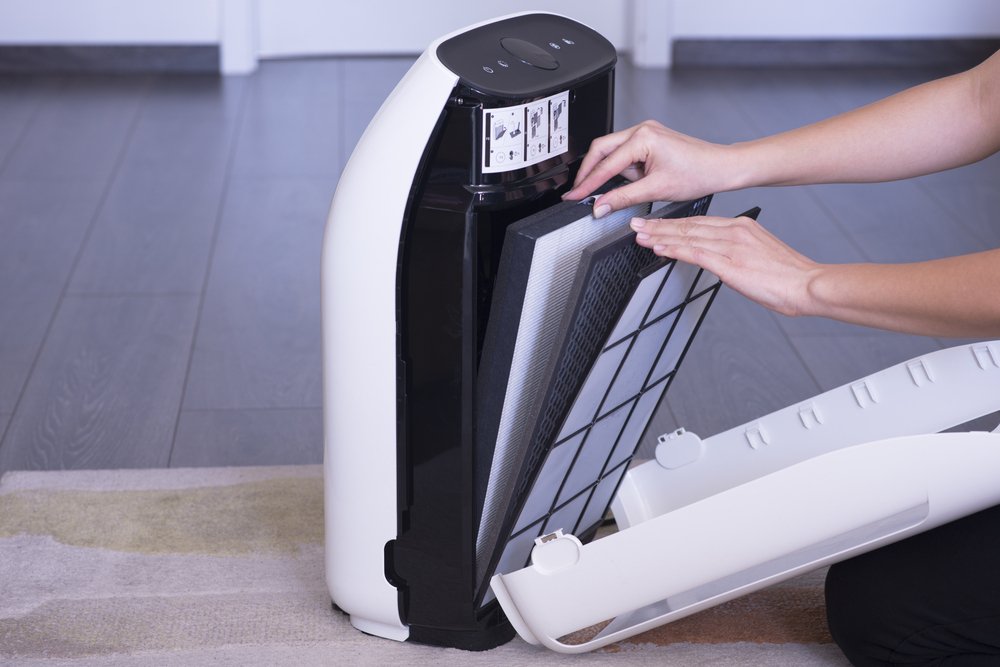
Air purifiers are not the first thing that comes to mind whenever you build your smart home! But why not? Why not utilize the best smart home air purifier to keep your home pollutant-free and clean when everything else in your home is smart?
In this blog post, you’ll learn about the smart home gadget that gets very little attention: the smart air purifier. So, let’s get started.
What Are Smart Home Air Purifiers?
Air purifiers clean and purify the air by removing impurities from it. It may make the surrounding air more breathable and fresher in the home or at the business. These air purifiers are especially beneficial for persons who suffer from allergies or physical ailments caused by dust, pollutants, or pollution.
Features of Smart Air Purifiers
You’ll need these standard features in your smart home air purifier:
- A Smartphone App
This is a feature that all smart air purifiers should have. From your smartphone or tablet, you’ll be able to manage and monitor them. You may do it within Bluetooth range or through Wi-Fi from anywhere on the planet. Most smart air purifiers offer an app for iOS and Android smartphones.
2. Smart Home Integration
Smart air purifiers can be added to your already existing smart home system. However, not all air purifiers may work with all smart home systems. Amazon Alexa and Google Home support most smart air purifiers. A handful is supported by Apple HomeKit. Check before buying.
3. Air Quality Sensors
A smart air purifier’s air quality sensor assists in automatically adjusting the air purifier’s fan speed. The most common air quality sensor on air purifiers is a particle/dust (PM2.5) sensor. Aside from that, there is a gas sensor. There aren’t many air purifiers that include two or more sensors.
4. Auto Sleep Mode
Some smart air purifiers utilize an ambient light sensor to automatically lower the control panel lights when it becomes dark. You won’t have to set the sleep mode every night before going to bed. If you wish to utilize the air purifier in your bedroom, this option is advantageous.
How Do Air Purifiers Work?
Air purifiers trap airborne particles with blowers and filters, so you don’t breathe them in. Some air cleaners function by collecting allergens like pollen or pet dander in their carbon filters. Other air purifiers work by sending air through an electrostatic filter, which charges the particles. The particles then adhere to metal plates in the air filter, which can be cleaned to remove them.
Do Air Purifiers Aid in The Treatment of COVID-19?
This is a difficult question to answer. True HEPA air purifiers may effectively remove the virus from the air, but COVID-19 is transmitted mainly via person-to-person contact. Just because an air purifier filters the coronavirus out of the air doesn’t mean you’re immune to it if someone afflicted with the virus is sitting close to you without a mask.
Do Air Purifiers Help with Wildfire Smoke?
Air purifiers may assist with cigarette smoke as well as smoke from wildfires. Fine particles in smoke are the most dangerous, causing stinging in the eyes, runny nostrils, and respiratory problems. You can buy the best smart home air purifier to remove small particles from the air and decrease your exposure to dangerous pollution during wildfire smoke.